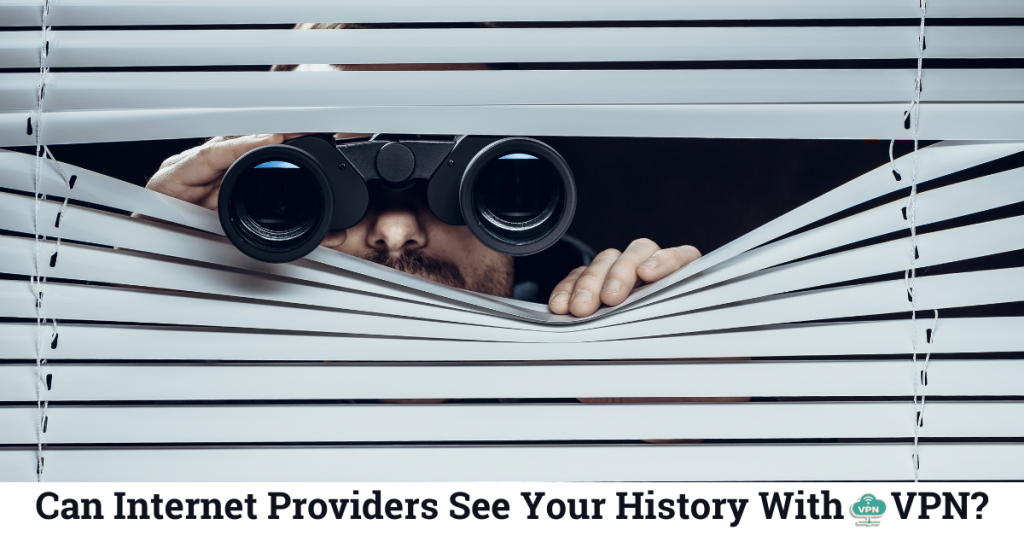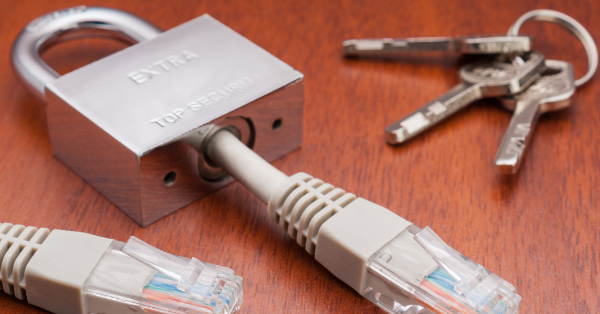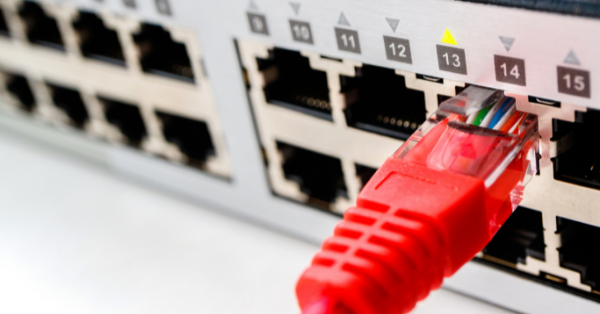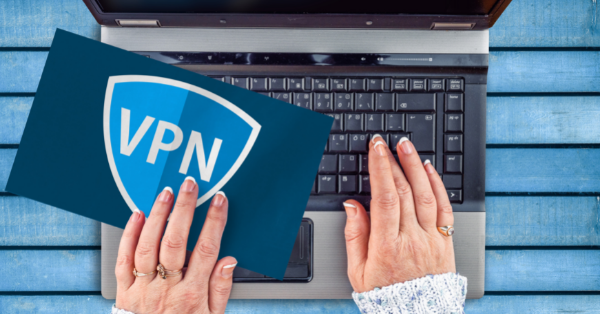When you’re using a VPN, you want assurances that it is actually protecting your browsing information. While most people know that it will protect your IP address, it’s not as clear if it will protect your history. So can your internet service provider see your search history with a VPN, and what can you do about it?
Your internet service provider cannot see your history if you are using a VPN. With a VPN your browsing data is secure. Still, the history stored on your own computer, in your browser, will be there and hackable. If you want to be extra careful, you should either clear it regularly or use incognito mode.
If you’re considering using a VPN, or you already have one and want to make sure it is truly protecting your information, you’ve come to the right place. In our guide below, we will break down what a VPN does and does not hide from your ISP. Plus, we’ll give you tips on how you can further protect your information. So come along, and let’s dive right in.

What Does a VPN Hide?
While VPNs can’t protect against everything, they can still do a lot. They can hide everything from your location to the websites you frequent.
Below we’ve outlined the three of the biggest things your VPN hides from your ISP:
- Traffic/Non-local History: While a VPN won’t hide your history before you installed it, it will in a sense, hide your current history by blocking the ISP from viewing your browsing data. At least non-locally. The history your own browser keeps will still be stored on your computer. You can either clear it regularly or use incognito mode.
- Downloads: VPNs will also hide your downloads–yes, even torrents–by encrypting your traffic. Just watch out because a VPN will not protect you from accidentally downloading a virus.
- IP Address: Your IP address will be protected behind the VPN server. Practically, this means that the government and advertisers will have a much tougher time gathering information on the sites you visit or where you are. Further, this is part of the reason why you can use a VPN to access region-locked content even if you’re not in that region.
It is important to note that through shielding your IP address, a VPN can hide other things as well, such as your geo-location. Additionally, there are some VPNs designed specifically to hide the fact that you’re using a VPN in the first place. We’ll dive into this more in our section on whether or not your ISP can tell if you’re using a VPN.

What Does a VPN Not Hide?
Sadly, VPNs don’t hide everything. Below we’ve outlined a few of the things that can’t always be hidden by a VPN:
- Data from before you got the VPN: Unfortunately, a VPN can’t go back and scramble everything you’ve looked up in the past. It will hide everything from when you start using it forward.
- Information gathered from cookies: Cookies can still be downloaded onto your computer. The data they gather can still be used as metadata.
- The fact that you’re using a VPN (sometimes): As you’ll see in our next section, not all VPNs can hide the fact that you’re using them. Some can, while others can’t. This is one of the reasons why it’s so important to go with a reputable VPN and to do your homework before deciding on one.
Though they aren’t absolute in the protection that they offer, having a VPN can go a long way towards protecting your privacy. Just make sure that along with the VPN, you’ve also installed antivirus software and been regularly clearing your cookies or using incognito mode. Through incognito mode, your browser will automatically block cookies.

Can Your ISP Tell if You’re Using a VPN
While they may not be able to see your search history, it’s still possible that your ISP could, at the very least, tell you’re using a VPN. They can determine this in a number of different ways.
Ways your ISP can tell you’re using a VPN include the following:
- Your IP address: They can know you’re using a VPN primarily because of the type of IP address you come up with.
- Deep Packet Inspection: Deep packet inspection (DPI) is a technology that allows ISPs and the government to analyze your traffic in a more sophisticated way. Many ISPs analyze the data they do receive with a DPI to tell when their users are using a VPN. Through this, they can recognize your VPN protocol and the port you are connected to.
Fortunately, though they can tell you’re using a VPN, there are limits to what they can do with that information. Through DPI they may be able to gather some metadata. Still, you’ll have a safer time browsing the web with your privacy intact, regardless.

What Else Should You Use With a VPN?
To get all of your bases covered when it comes to privacy, you should always use a browser with some kind of incognito mode. This mode will prevent your history from being stored on your computer, as well as cookies from being randomly downloaded. Cookies, of course, can be one of the methods used for tracking your activity.
Additionally, you should always have good antivirus software installed. Remember VPNs protect your information, they don’t protect you from downloading malicious software.
If you have all of these things, you should be all set for the safest and most private browsing experience available to the public today.
So Really, Can an Internet Service Provider See Your History With a VPN?
Your ISP should not be able to see your history if you use a VPN. This is because the VPN protects your browsing information and prevents your ISP from spying on you and selling your data. Of course, this comes with the caveat that the history stored directly on your computer will be there, and hackable, if you don’t regularly clear it or use incognito mode.
While VPNs don’t protect against everything, they are a must-have if you value your privacy in the twenty-first century. With a VPN, not only will your browsing habits be safe but so will your location or even the fact that you’re using a VPN in the first place (granted only some do the latter). Definitely don’t get caught without one!

Recent Comments